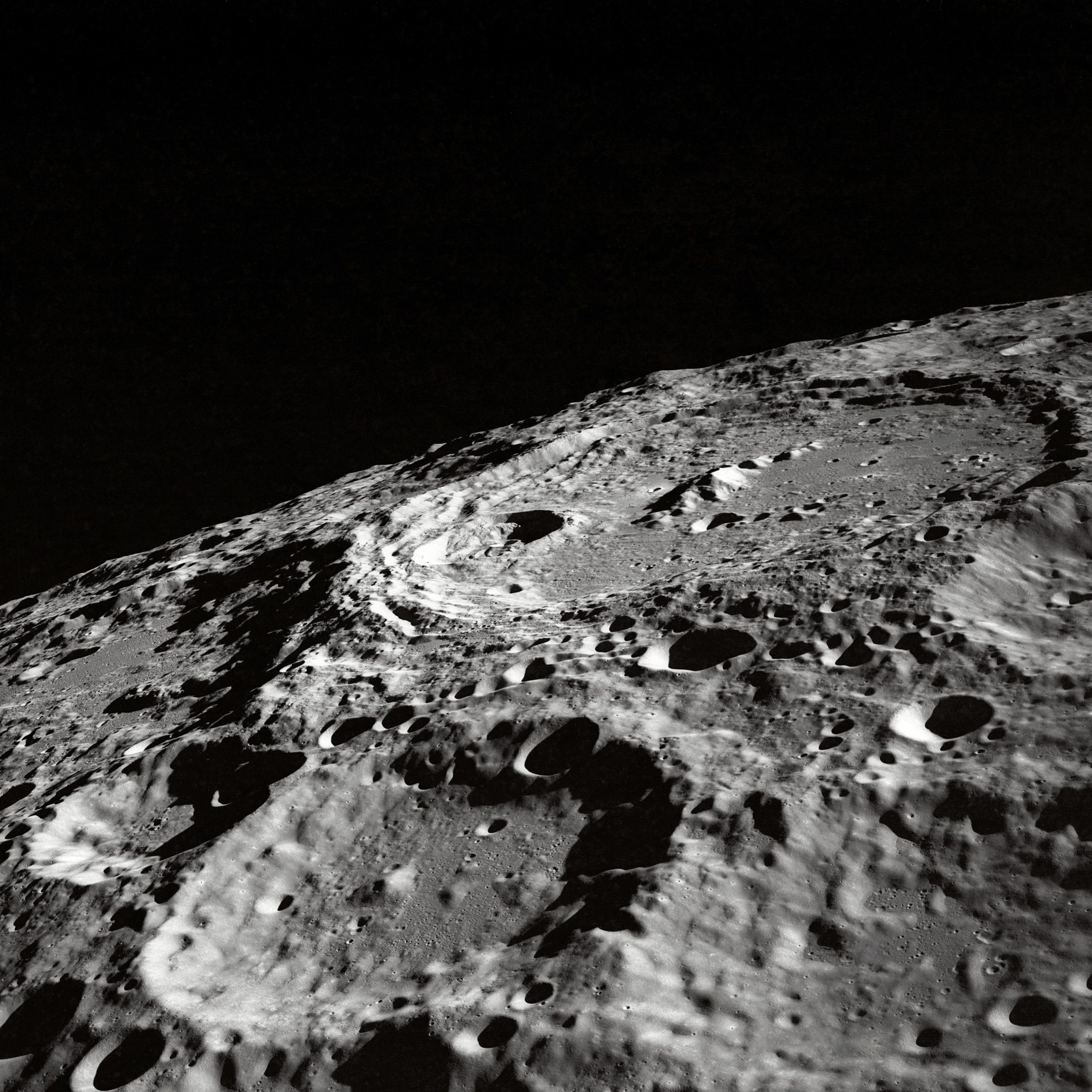Wicca and Witchcraft: A Discussion of Ancient Traditions
Table of Contents
- Introduction
- What is Wicca?
- Understanding Witchcraft
- A Brief History
- Common Beliefs and Practices
- Ritual Tools and Symbols
- The Power of Spells and Magick
- Debunking Misconceptions
- Wiccan Community and Covens
- Modern Wicca and Witchcraft
- Closing Thoughts
Introduction
Wicca and witchcraft have long captured the imaginations of people around the world. These ancient traditions, steeped in mystery and often shrouded in misconceptions, hold a rich history and vibrant present. In this blog post, we will explore the principles, practices, and beliefs associated with Wicca and witchcraft. We will also debunk common misconceptions and discuss the modern manifestations of these traditions.
What is Wicca?
Wicca is a modern pagan religious movement that emerged in the mid-20th century. Often referred to as a witchcraft tradition, Wicca emphasizes reverence for nature, harmony with the cycles of the Earth, and the worship of a divine force often depicted as a Goddess and God. Followers of Wicca, known as Wiccans, practice a form of witchcraft that revolves around spellwork, rituals, and honoring the natural world.
Understanding Witchcraft
Witchcraft, on the other hand, predates Wicca and is a practice that is not exclusive to Wiccans. Witchcraft refers to the spiritual, magical, and sometimes religious practices involving the manipulation and harnessing of natural energies to bring about desired outcomes. It can be seen as a form of folk magic that is deeply rooted in ancient traditions.
A Brief History
The history of Wicca and witchcraft is intertwined with the broader history of humanity. Roots can be traced back to pre-Christian fertility religions and nature-based spiritual practices. However, it was not until the mid-20th century that Wicca, as we know it today, began to take shape thanks to the efforts of figures like Gerald Gardner and Doreen Valiente. Gardner is often credited with popularizing Wicca and creating a foundation for modern witchcraft.
Common Beliefs and Practices
Wiccans believe in the interconnectedness of all things and the existence of divine energy that permeates the universe. They honor the cycles of the seasons and often celebrate eight festivals, known as Sabbats, throughout the year. These celebrations mark the solstices, equinoxes, and other significant points in nature’s calendar. The Wiccan Rede, a moral guideline, promotes harmlessness and living in harmony with others.
Witchcraft practices may vary greatly, but they often involve spellcasting, divination, herbalism, and meditation. The intention behind the spells and rituals can range from attracting love and prosperity to protection and healing. The belief in personal power is central to witchcraft, with practitioners harnessing their own energy and connecting with the energies of the natural world and the divine.
Ritual Tools and Symbols
Wicca and witchcraft utilize various tools and symbols in rituals and spellwork. These items act as aids to focus energy and connect with spiritual forces. The most notable tools include the athame (ritual knife), chalice (cup), wand, pentacle (a flat disc inscribed with a pentagram), and cauldron. Each tool has specific purposes and represents different aspects of the divine.
The Power of Spells and Magick
Spells, often associated with witchcraft, are rituals that aim to manifest desires and influence outcomes using focused intention, symbolism, and energy manipulation. Witches believe that through their connection with the natural and spiritual realms, they can summon and direct energies to create change. Spells can take many forms, incorporating chants, candle magic, herbal concoctions, and other elements.
Debunking Misconceptions
Wicca and witchcraft have long endured misconceptions fueled by sensationalized media portrayals and historical prejudices. Contrary to popular belief, witchcraft is not synonymous with evil or devil worship. Wiccans and witches do not engage in harmful practices or seek to harm others. Instead, their focus is on self-improvement, personal growth, and the pursuit of a harmonious relationship with the natural world.
Another misconception is the association of witchcraft with Satanism. Witchcraft predates Christianity and exists as a separate spiritual path. Not all Wiccans worship a deity associated with the Christian devil, as their beliefs encompass a wide range of pantheons and deities. Understanding these distinctions helps dispel these harmful and inaccurate stereotypes.
Wiccan Community and Covens
Wicca and witchcraft offer a sense of community and belonging for practitioners. Many Wiccans join covens, which are small groups or traditions that gather to celebrate rituals and exchange knowledge. Covens act as support networks, fostering spiritual growth and providing guidance. However, some Wiccans practice as solitary practitioners, finding comfort and empowerment in their personal connection to deity and nature.
Modern Wicca and Witchcraft
In recent years, Wicca and witchcraft have experienced a growing revival and adaptation within modern society. The accessibility of information through the internet has facilitated the spread of knowledge and fostered greater acceptance. While some practitioners adhere to traditional beliefs and practices, others explore eclectic paths and blend elements from various spiritual traditions.
Modern witchcraft has also become a source of inspiration for artists, writers, and activists, with many finding empowerment and a sense of identity through the symbolism and rituals associated with witchcraft. Witchcraft-related books and media have gained popularity, offering a broader understanding of different spiritual paths and dispelling myths.
Closing Thoughts
Wicca and witchcraft hold diverse meanings for different individuals, offering a deep connection to nature, spirituality, and the mysteries of existence. These ancient traditions continue to evolve and thrive, challenging misconceptions and empowering people through self-discovery and personal growth. Whether one chooses to explore Wicca or witchcraft as a spiritual path or appreciates them as fascinating cultural phenomena, there is much to learn and appreciate within these mystical practices.
Remember, understanding Wicca and witchcraft requires an open mind, respect, and a willingness to delve into the rich tapestry of traditions that shape these enchanting belief systems.
Table of Contents
